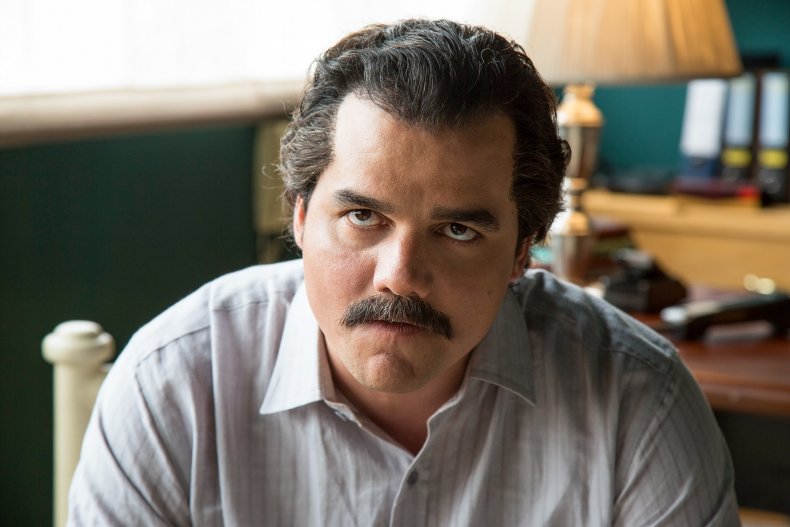“They may separate us, but they’ll never be able to destroy us.” — Pablo Escobar.
The 2015 Spanish series Narcos gained immense popularity due to its unnerving and fascinating premise as it focused on the infamous drug-peddling Medellin cartel in Colombia. It took a closer look into the meteoric boom of the cocaine trade while exploring the lives of the reckless and dangerous drug kingpins, especially the notorious Pablo Escobar, the leader of Medellin.
Documenting his incredible success and nerve-wracking encounters with the DEA officials and other equally vicious enemies, the series sees the rise and fall of the “King of Cocaine”, providing a fictionalised account of his life and death. Escobar’s vaulting ambition alongside his undying thirst for power and success make this stellar retelling of history a compelling watch.
From the show’s very beginning that begins with ‘Nosotros Somos Banditos’ (We are bandits), the creators make it evident that it will be a severe and gruesome show that will focus on the prolific druglord’s exploits. This renowned narcoterrorist was played by the Brazilian actor Wagner Moura whose spectacular portrayal of this dangerous man rightfully won him a Golden Globe nomination.
When Moura says, “I don’t want to be good. I am going to be great,” we can feel a chill go down our spines. Moura’s magnetic presence as the enigmatic and charming drug kingpin commands constant attention from the audience. His brilliant temperamental and emotional presence makes the show one of the best Original series on Netflix.
Escobar doesn’t shy away from bloodying his hands to get to his destination. He leaves a huge trail of bodies in his ascension to power. The soon-to-be drug lord does not think twice before eliminating others, whether it is his business partner or the enemy cartel leaders.
Ruthless yet loyal, with his iconic moustache and cold-blooded stare, Escobar’s overwhelming power and influence is palpable everywhere. His immense prowess allows him to extend the cartel from local regions to that of the United States and Europe. However, his unquenchable thirst for blood and violence led to his eventual downfall and subsequent assassination. Escobar hid his opulence well under his facade to help the poor that made him a populist figure- many even mourned his demise.
The show stays true to the original events as well as the aftermath of his death. Widely known for his lust for power and prestige, Escobar’s antics reshaped the entire nation’s socio-political, economic, and moral identity. His death, however, marked the end of an era. However, it did not put a stop to drug trafficking as his rival cartels soon took over. Escobar now exists as a mythical figure who is also the subject of various conspiracy theories.
Escobar’s admirable ability to exert dominance and gain control in a divided place such as Medellin shows his calculative and manipulative personality. His legacy has helped him prevail as an emblem of the Latin American narco-cultural drug lord in popular culture. His cocaine empire is unrivalled, and Moura does the best job humanising this extraordinary character, who is still a centre of attention, nearly three decades after his death.
